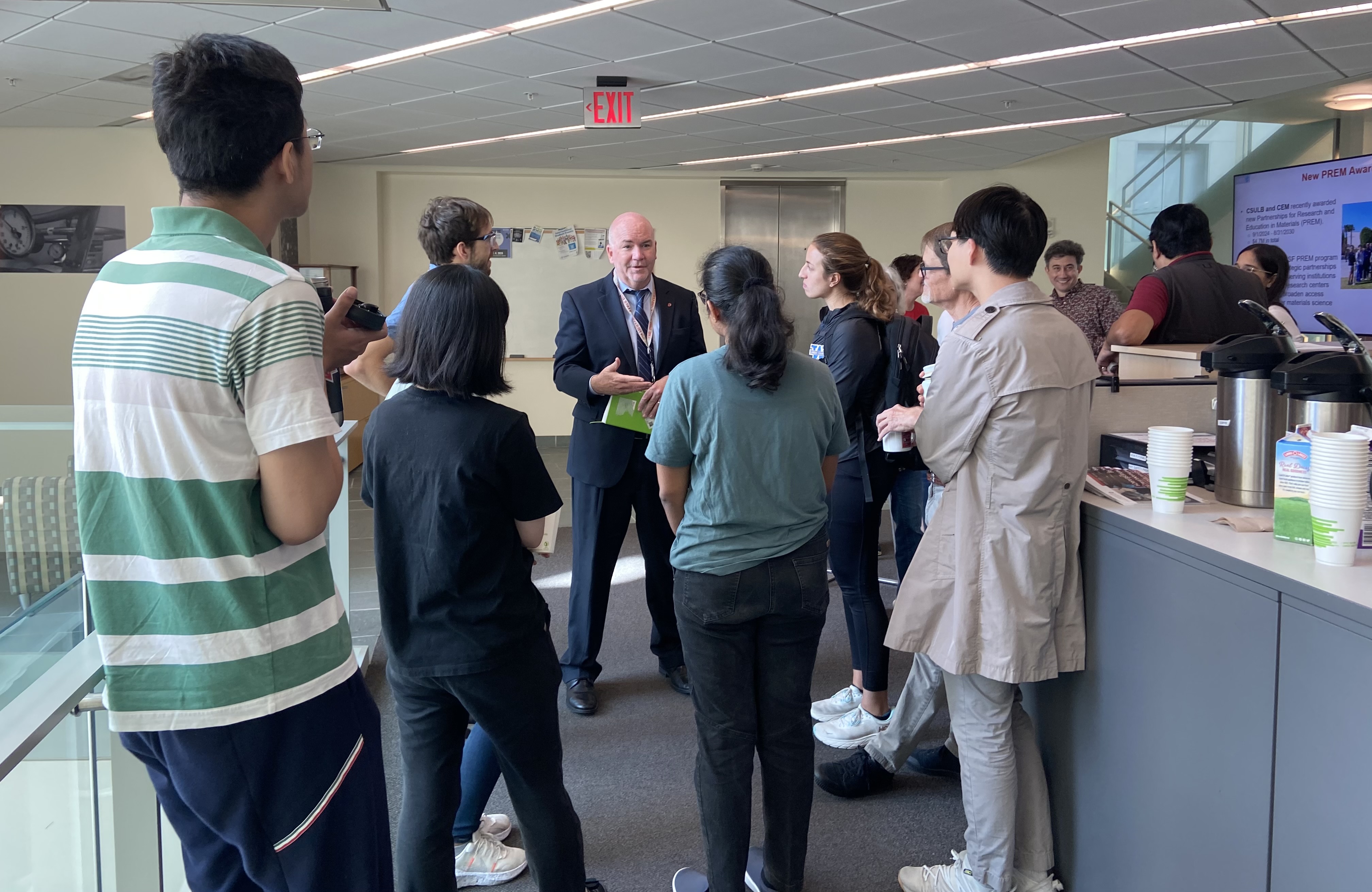The Ohio State University’s Alumni Award for Distinguished Teaching was established during the 1959-60 academic year and is one of the university’s most prestigious teaching awards. Ten faculty members were recently honored with the award, including Prof. Shirley Yu. The honorees were notified of their awards through surprise announcements led by senior university leaders.
“Using evidence-based practices to create engaging, supportive and challenging courses in face-to-face, hybrid and online formats, Shirley L. Yu is recognized as an outstanding educator who has made a lasting impact on her students. Beyond the classroom, Yu is a generous mentor to students and alumni across EHE and beyond. She leads an active research laboratory and directs the Graduate Certificate in College and University Teaching(opens in new window). Her expertise was also formally recognized with her college’s Distinguished Teaching Award in 2018.”
Read more here.

